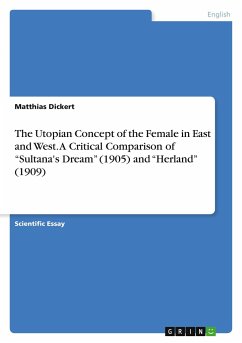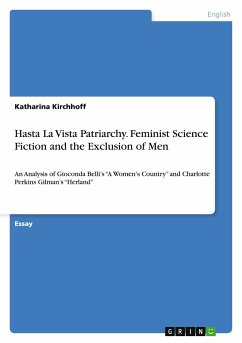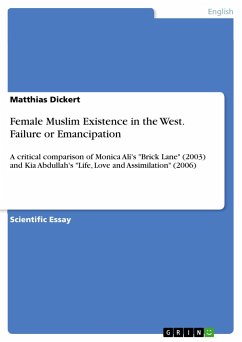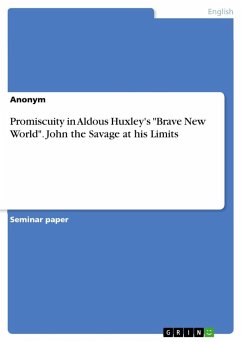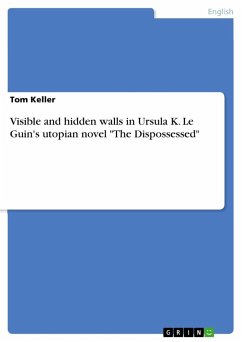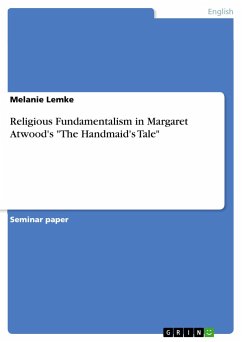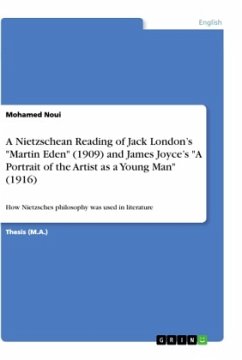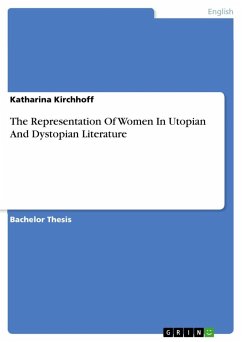Scientific Essay from the year 2016 in the subject English Language and Literature Studies - Literature, Comenius University in Bratislava (Englische Literatur), language: English, abstract: This book is basically a going back to the roots of female writing at the beginning of the 20th century. Although female characters by then had found a fixed place within the English speaking novel most of them represented the classical role of women within class ridden British society where women basically speaking had an inferior role to men, culturally, socially and academically. The early beginnings of female writing in the sense of a more feminist approach can be set before and after the First World War. This goes for the British, the American and - as in the case here - also for the colonial background. The first female feminist writers were pioneers in the sense that they broke with traditional gender roles and thus challenged the anti-female reality of Western and Islamic societies. Begum Rokheya Sakhawat Hossain's book Sultana's Dream (1905) and Charlotte Perkin's science fiction concept of a female society must therefore be taken as frontrunners of modern feminist thinking and writing and as a criticism of existing male structures which considered the female to be below the male. It goes without saying that Sultana's Dream is the more radical approach to describe a world without men since the author herself was much more stuck within an anti-female surrounding and the book would never ever have been published without the tolerant husband of the author who supported his wife in her writing. Thus the choice to use the dream as a basic narrative background enabled the author to move around more freely. Herland (1909) on the contrary uses classical parts like the utopian mixed with science fiction elements. Although both novels must be seen against their specific background - here Western, there Islamic - they do have one major element in common. The talk is about the idea of a world where the female reigns and which is more human than its male counterpart. This includes social criticism as well as a cultural and religious one and the hope that in the long run both forces, the female and the male, could live in more harmony than in the past, be it in the West or the East.
Hinweis: Dieser Artikel kann nur an eine deutsche Lieferadresse ausgeliefert werden.
Hinweis: Dieser Artikel kann nur an eine deutsche Lieferadresse ausgeliefert werden.

